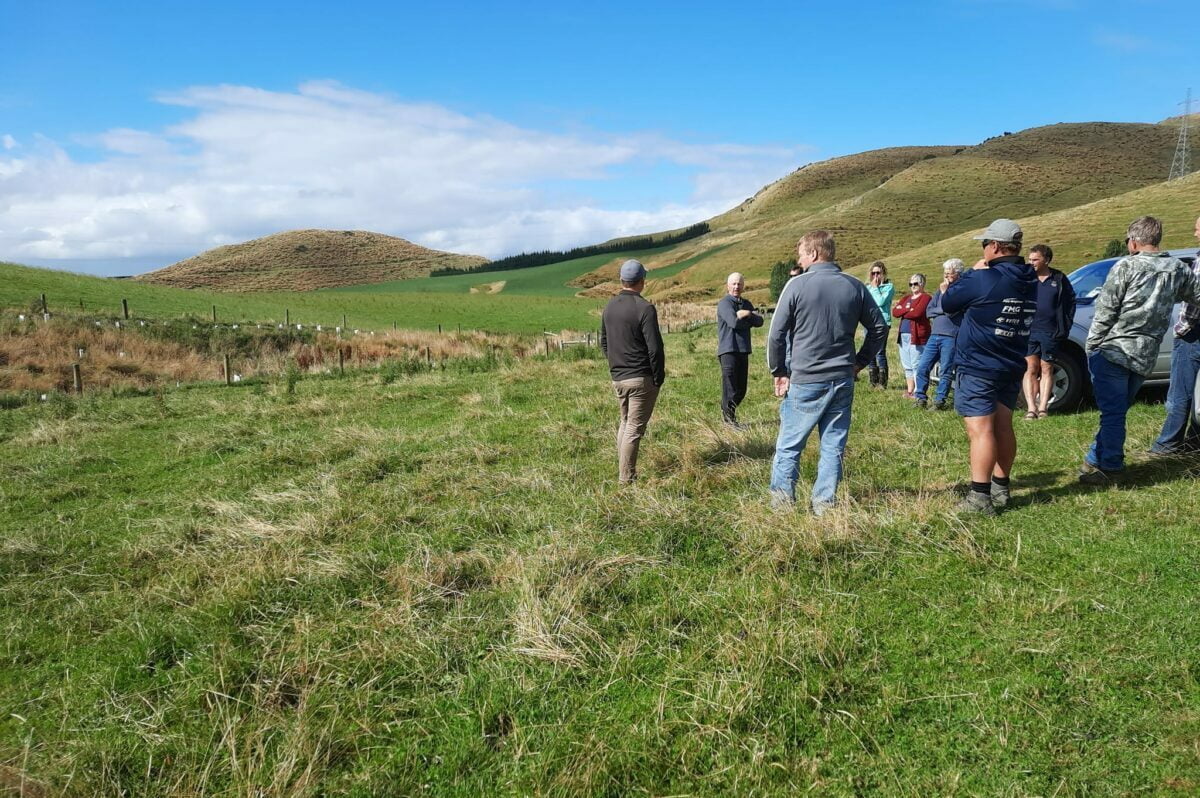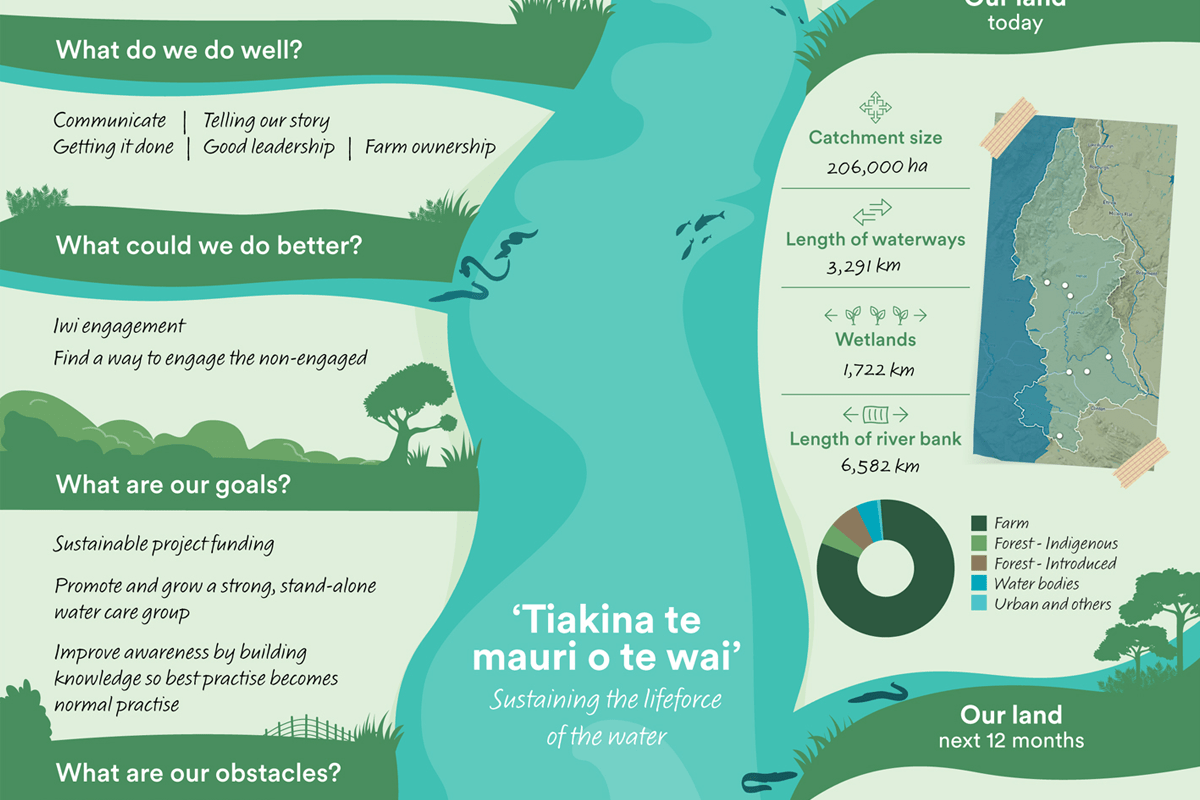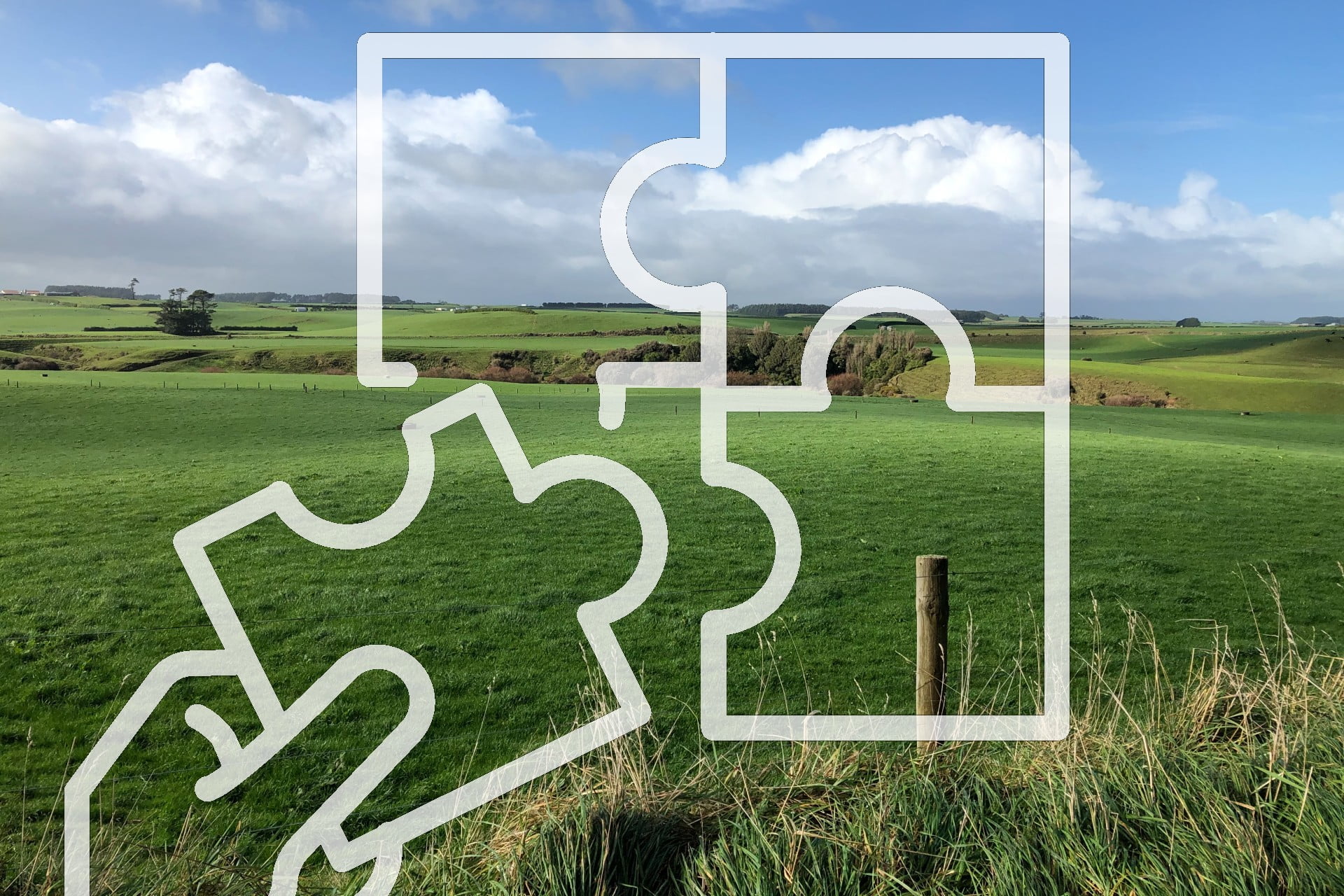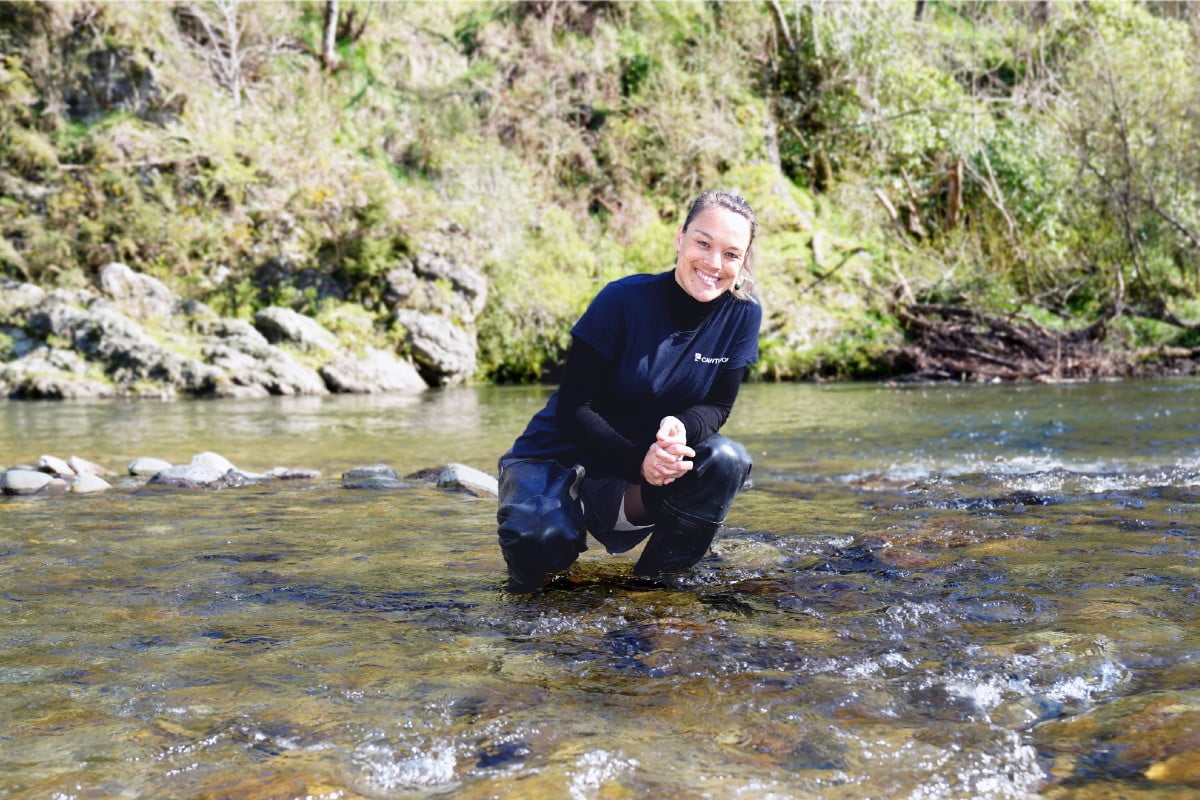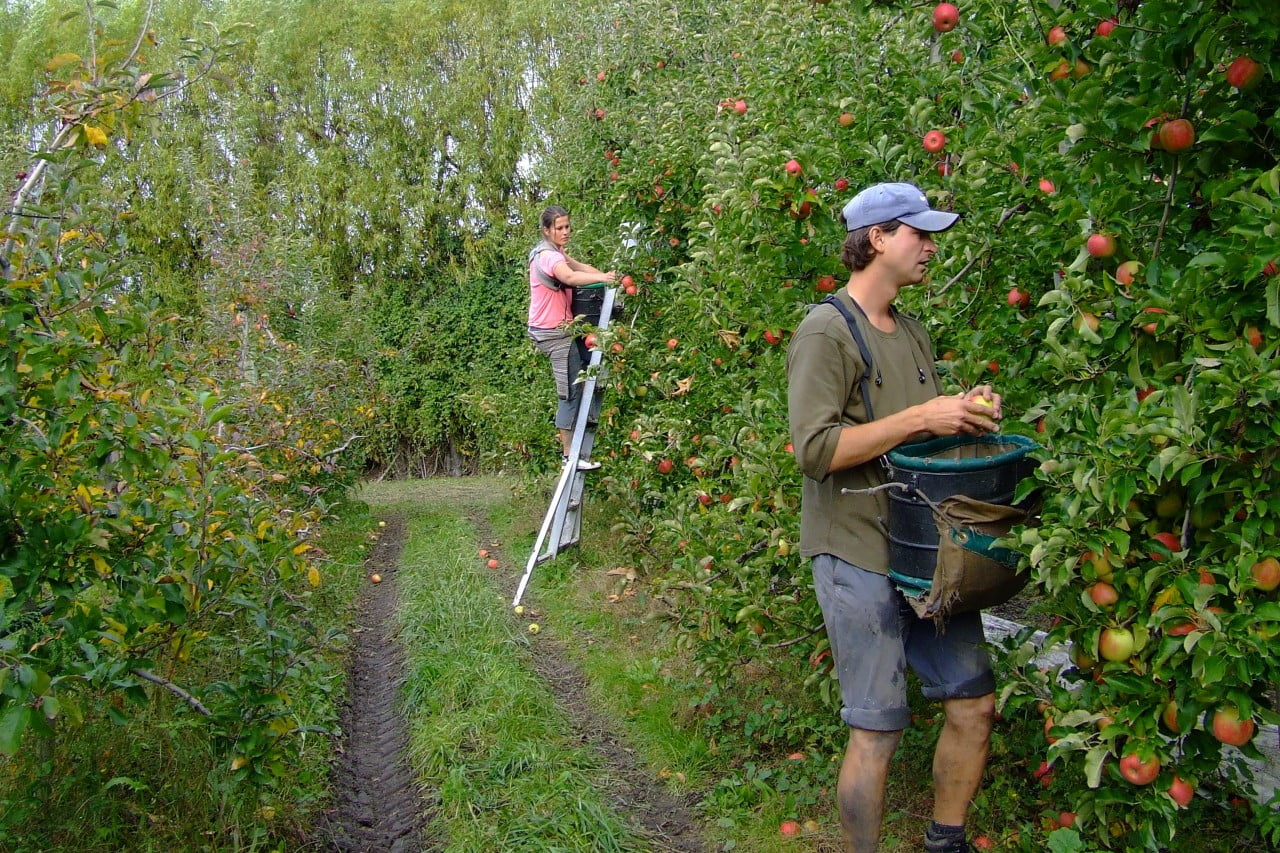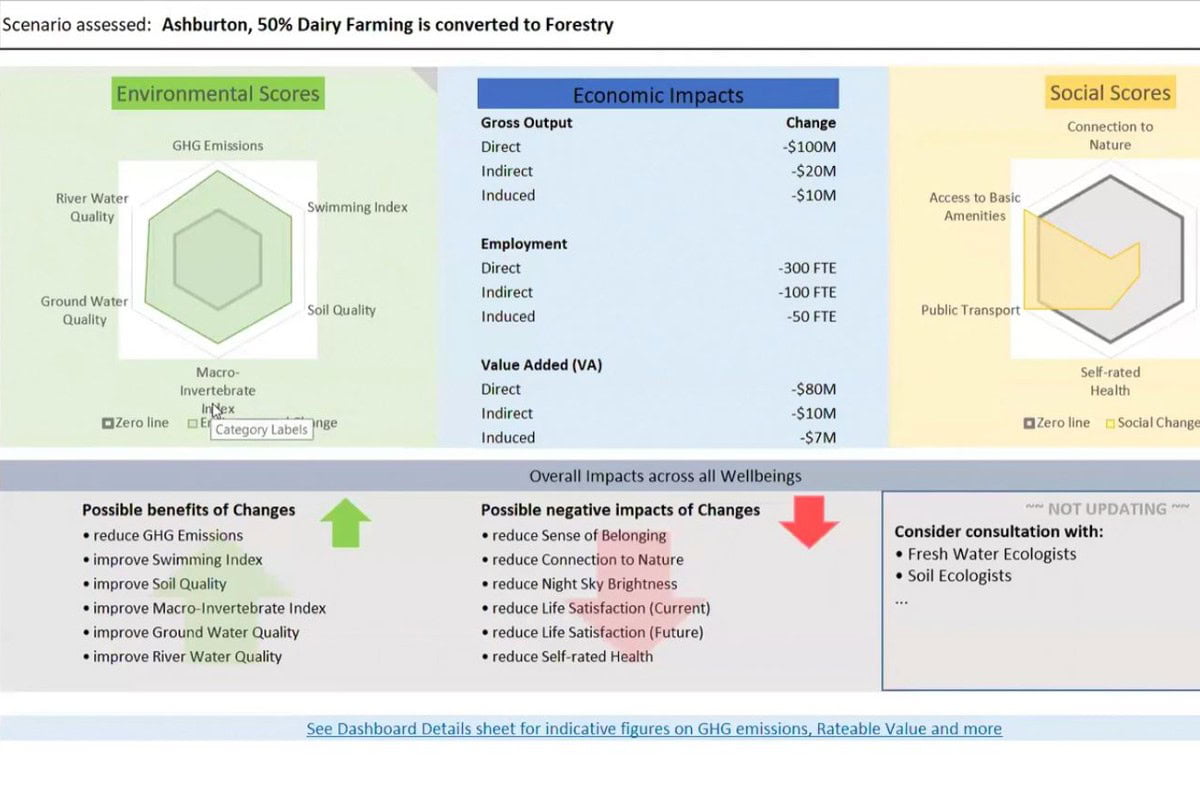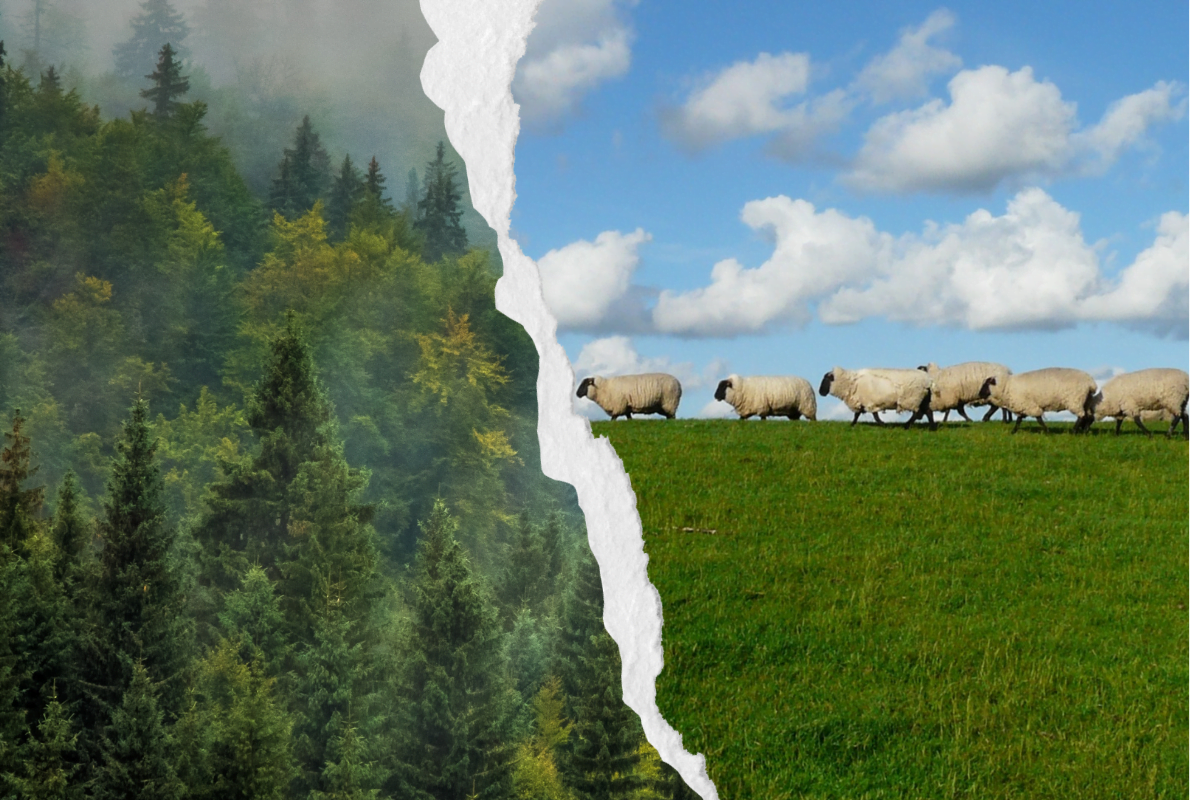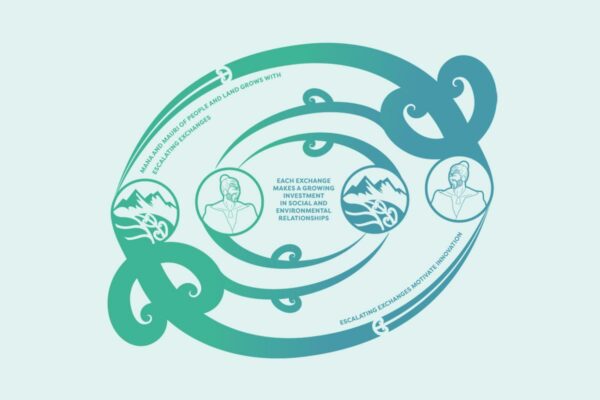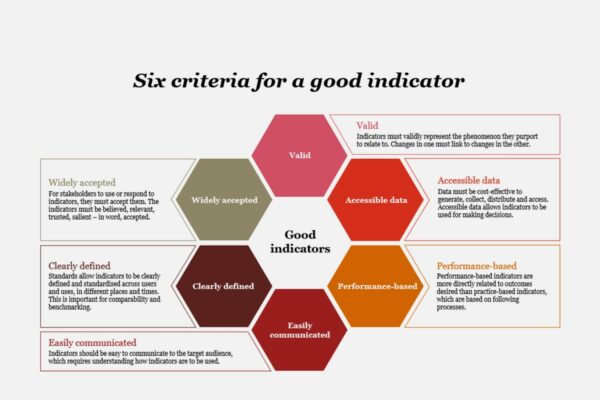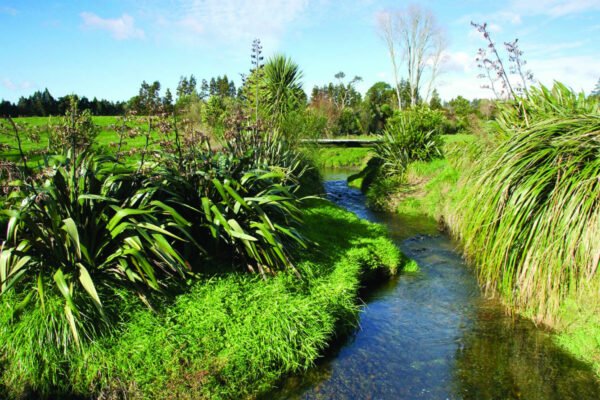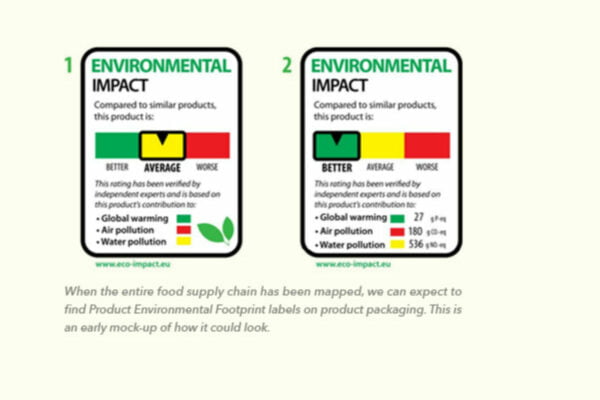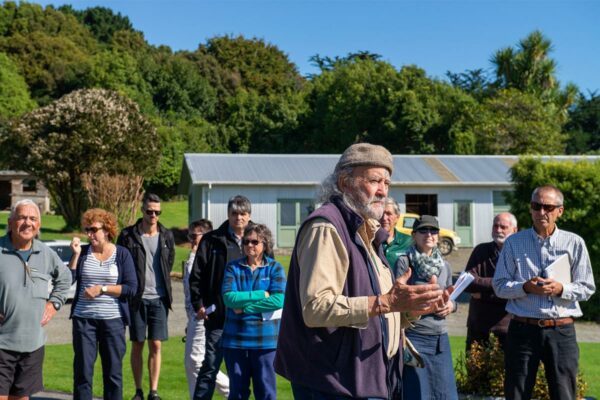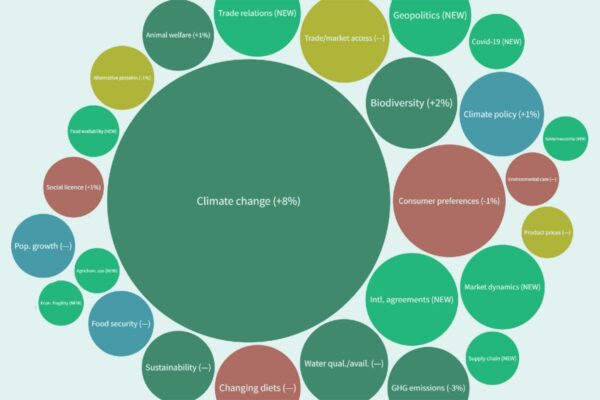Register of Land Management Actions
What's been done? A national record of land management actions to improve water quality and restore catchments
Project Details Ngā taipitopito
Collaborators Ngā haumi
Cawthron Institute | DairyNZ | Happen Consulting | Land Air Water Aotearoa | Massey University | Scion | Te Arawa Lakes Trust | Te Arawa River Iwi Trust | University Of Otago | Wakatū Incorporation
What are we doing?E aha ana mātou?
In Aotearoa we care for the health of our rivers, lakes and wetlands, which is why we adopt land management actions that help improve water quality.
However, some of our waterways are not in good shape. Over the last decade, we planted trees, fenced riverbanks and changed grazing and fertiliser management practices to improve the situation – but we are not consistently recording what has been done to enhance waterway health.
To find out which actions work best, we need to start recording land management actions and link them to water quality outcomes.
This research programme has developed the Healthy Waterways register, a free online tool to record efforts to improve water quality within each rural catchment. The register will give people all over New Zealand greater awareness of the efforts underway to improve our fresh water, and a clearer picture of how far we have come.
Our goal is to give landowners confidence to invest in the most efficient actions, accelerating investment in catchment improvements.
How can the research be used? Ka pēhea e whai take ai te rangahau?
- The National Register of Actions created a free online tool, the Healthy Waterways register.
- The Healthy Waterways register will complement the Land Air Water Aotearoa (LAWA) platform. You can view a mock-up of how this may look.
- The project was structured to build on and combine existing recording initiatives by farmers, growers, iwi and hapū, primary sector bodies, community groups and councils, including actions implemented through farm environment plans.
- The tools developed will improve our ability to link actions on land, with changes in water quality at monitoring sites. They will display information in a way that reflects the combined effort in a catchment, showing the extent and intensity of the actions. This will enable people in one catchment to make comparisons with other catchments, to see what has worked elsewhere and over what timeframe.
- The register is not a compliance tool, and is designed so it can’t be used in this way. The register is intended to record all actions taken to improve water quality, not just those driven by regulation.
- The register presents information at a catchment scale, recognising the confidentiality and privacy of individual property owners. We will demonstrate in pilot catchments how the tool can be used to display actions at the catchment scale throughout New Zealand.
- The research will link with other projects on transitioning to a more sustainable future, including research into catchment community and iwi groups, and sustainability marketing.
Related research updates Ngā pānui mō te rangahau nei
Participation & engagement Te hunga i whai wāhi mai
- Farmers and growers helped the research team understand what forms of data would be useful, how it may be presented, and what types of information should be included (and excluded, such as sensitive business and iwi/hapū data).
- Māori stakeholders helped researchers identify opportunities for the register to reflect their expectations as kaitiaki.
- A steering group with representatives from NZ Landcare Trust, Dairy NZ, Beef + Lamb NZ, Waikato Regional Council, Taranaki Regional Council, Horizons Regional Council, Environment Canterbury, Our Land and Water, Fertilizer New Zealand, Department of Conservation, Ministry for the Environment, and the Ministry of Primary Industries has overseen the scoping of this project and will continue its oversight role.
 View Our Strategy Document 2019 – 2024
View Our Strategy Document 2019 – 2024



